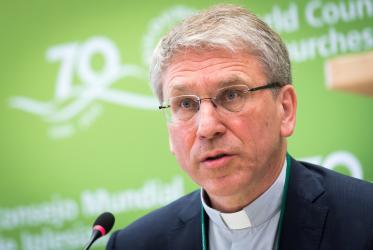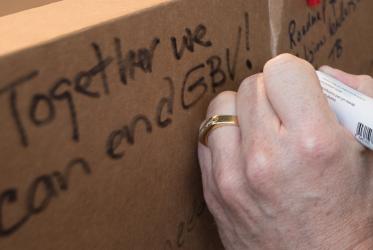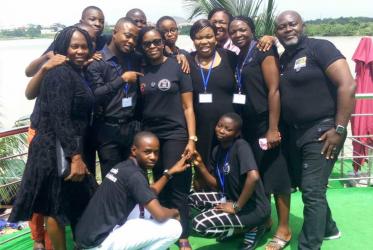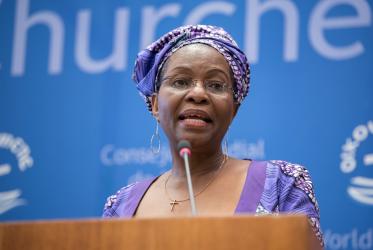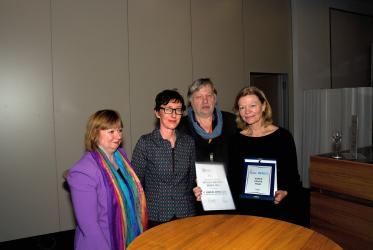Displaying 61 - 80 of 131
Paving the way for ecumenical studies, learning English in Bossey
24 September 2018
#WCC70: Nathan Söderblom, ecumenical pioneer
29 August 2018
Tveit in DRC: “Making peace is holy work”
19 August 2018
“Pilgrim Team” to visit Democratic Republic of Congo
18 August 2018
What difference does dressing in black make?
02 August 2018
WCC “Pilgrim Team” to visit South Sudan
30 April 2018
Determined to make a difference
18 April 2018
“Arusha Call to Discipleship” issued
13 March 2018
In Argentina, stirring journey for human rights continues
01 September 2017
"We have our work cut out for us"
10 August 2017
WCC students study what makes a peace communicator
18 July 2017


